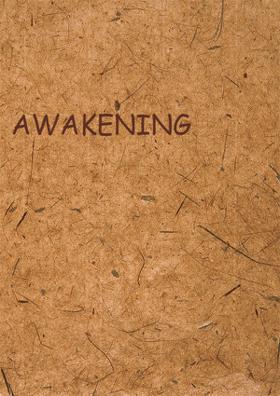Bill Sticking - Part 4
Bill Sticking - Part 4


As this was somewhat in the nature of a royal speech, I listened with deference and silently. His Majesty, taking a scroll from his pocket, proceeded, with great distinctness, to pour out the following flood of information:-
'"The bills being at that period mostly proclamations and declarations, and which were only a demy size, the manner of posting the bills (as they did not use brushes) was by means of a piece of wood which they called a 'dabber.' Thus things continued till such time as the State Lottery was passed, and then the printers began to print larger bills, and men were employed instead of women, as the State Lottery Commissioners then began to send men all over England to post bills, and would keep them out for six or eight months at a time, and they were called by the London bill-stickers 'TRAMPERS,' their wages at the time being ten shillings per day, besides expenses. They used sometimes to be stationed in large towns for five or six months together, distributing the schemes to all the houses in the town. And then there were more caricature wood-block engravings for posting-bills than there are at the present time, the principal printers, at that time, of posting-bills being Messrs. Evans and Ruffy, of Budge Row; Thoroughgood and Whiting, of the present day; and Messrs. Gye and Balne, Gracechurch Street, City. The largest bills printed at that period were a two-sheet double crown; and when they commenced printing four-sheet bills, two bill-stickers would work together. They had no settled wages per week, but had a fixed price for their work, and the London bill-stickers, during a lottery week, have been known to earn, each, eight or nine pounds per week, till the day of drawing; likewise the men who carried boards in the street used to have one pound per week, and the bill-stickers at that time would not allow any one to wilfully cover or destroy their bills, as they had a society amongst themselves, and very frequently dined together at some public-house where they used to go of an evening to have their work delivered out untoe 'em."'
All this His Majesty delivered in a gallant manner; posting it, as it were, before me, in a great proclamation. I took advantage of the pause he now made, to inquire what a 'two-sheet double crown' might express?
'A two-sheet double crown,' replied the King, 'is a bill thirty-nine inches wide by thirty inches high.'
'Is it possible,' said I, my mind reverting to the gigantic admonitions we were then displaying to the multitude - which were as infants to some of the posting-bills on the rotten old warehouse - 'that some few years ago the largest bill was no larger than that?'
'The fact,' returned the King, 'is undoubtedly so.' Here he instantly rushed again into the scroll.
'"Since the abolishing of the State Lottery all that good feeling has gone, and nothing but jealousy exists, through the rivalry of each other. Several bill-sticking companies have started, but have failed. The first party that started a company was twelve year ago; but what was left of the old school and their dependants joined together and opposed them. And for some time we were quiet again, till a printer of Hatton Garden formed a company by hiring the sides of houses; but he was not supported by the public, and he left his wooden frames fixed up for rent. The last company that started, took advantage of the New Police Act, and hired of Messrs. Grissell and Peto the hoarding of Trafalgar Square, and established a bill-sticking office in Cursitor Street, Chancery Lane, and engaged some of the new bill-stickers to do their work, and for a time got the half of all our work, and with such spirit did they carry on their opposition towards us, that they used to give us in charge before the magistrate, and get us fined; but they found it so expensive, that they could not keep it up, for they were always employing a lot of ruffians from the Seven Dials to come and fight us; and on one occasion the old bill-stickers went to Trafalgar Square to attempt to post bills, when they were given in custody by the watchman in their employ, and fined at Queen Square five pounds, as they would not allow any of us to speak in the office; but when they were gone, we had an interview with the magistrate, who mitigated the fine to fifteen shillings. During the time the men were waiting for the fine, this company started off to a public-house that we were in the habit of using, and waited for us coming back, where a fighting scene took place that beggars description. Shortly after this, the principal one day came and shook hands with us, and acknowledged that he had broken up the company, and that he himself had lost five hundred pound in trying to overthrow us. We then took possession of the hoarding in Trafalgar Square; but Messrs. Grissell and Peto would not allow us to post our bills on the said hoarding without paying them - and from first to last we paid upwards of two hundred pounds for that hoarding, and likewise the hoarding of the Reform Club-house, Pall Mall."'




























































